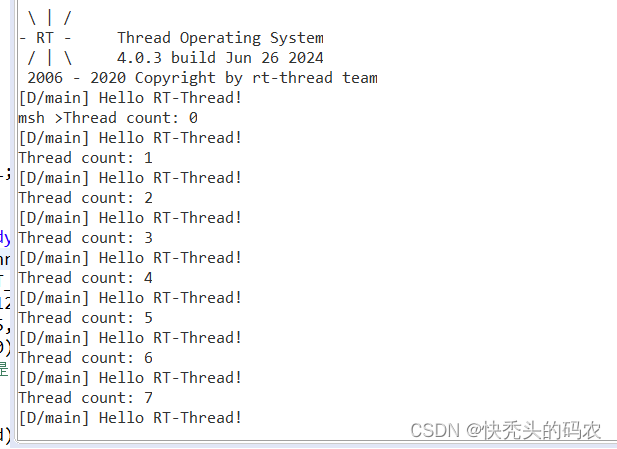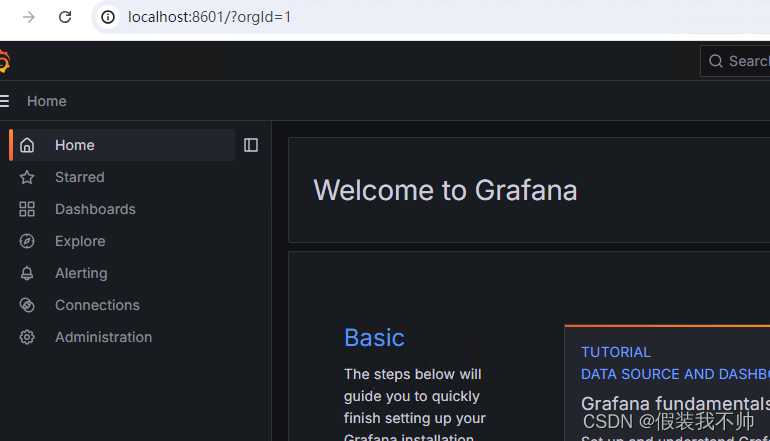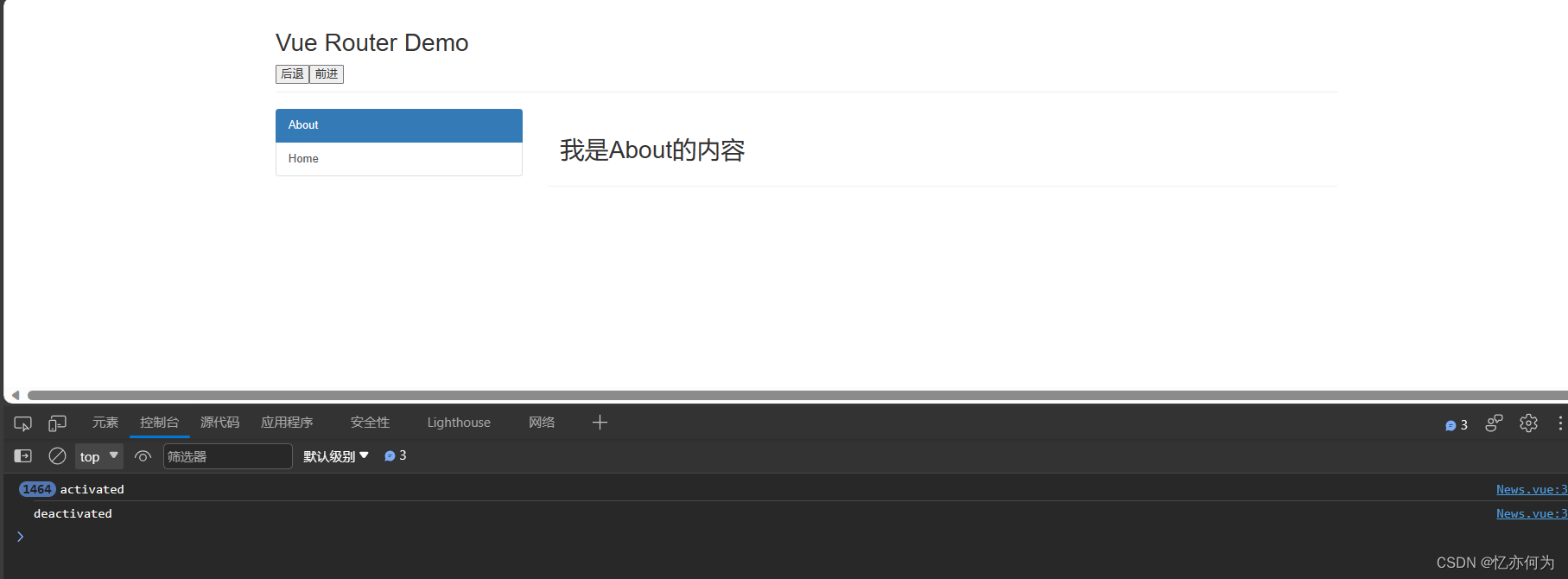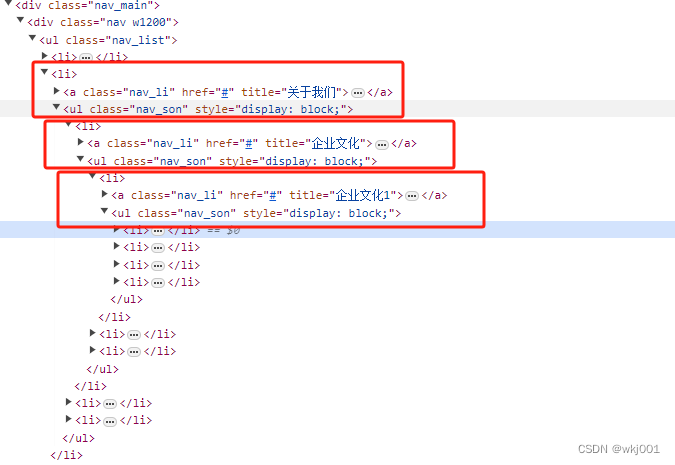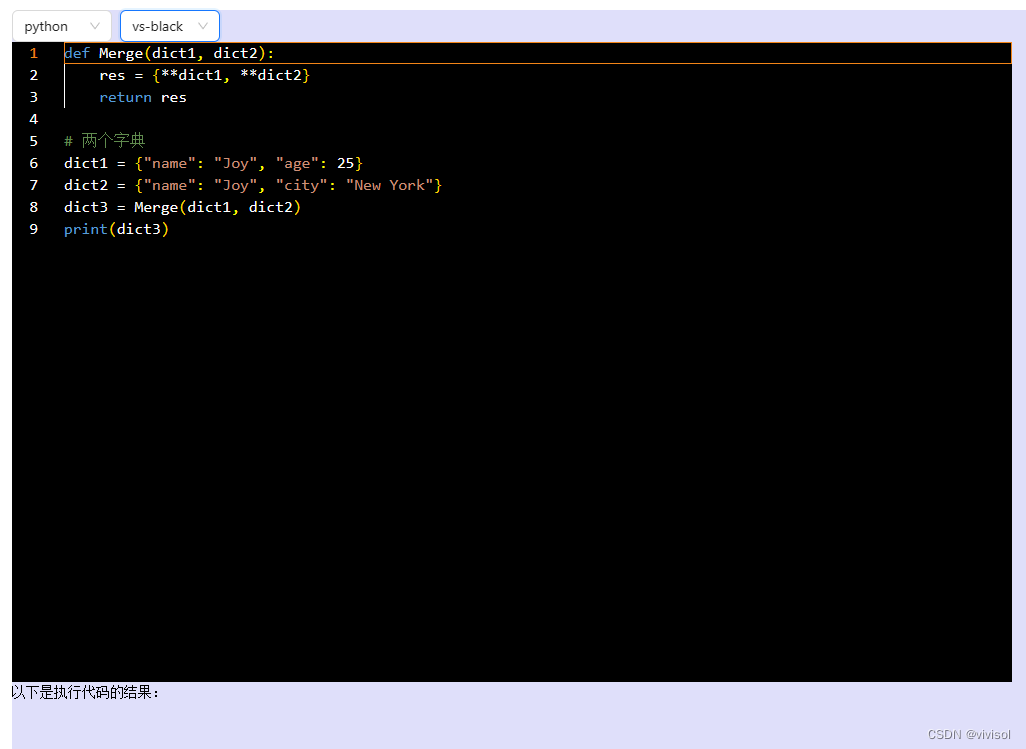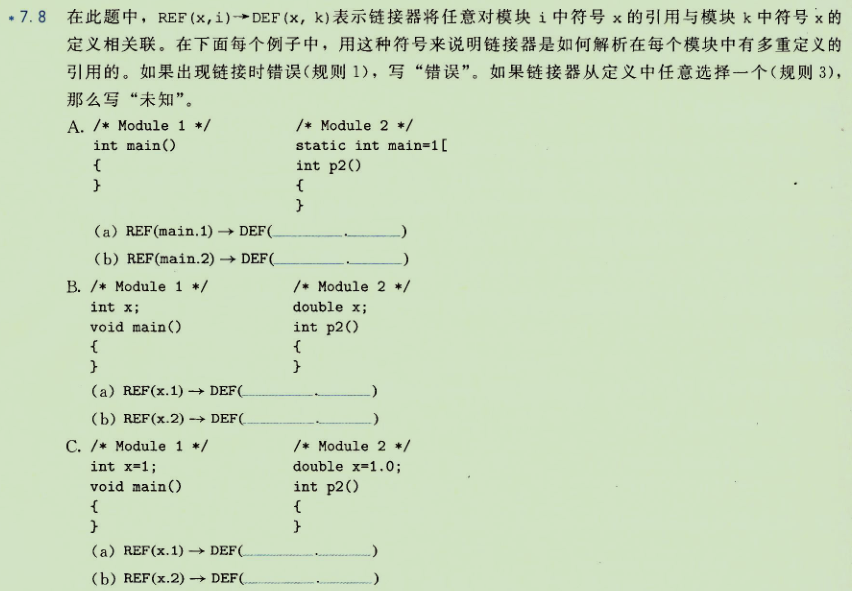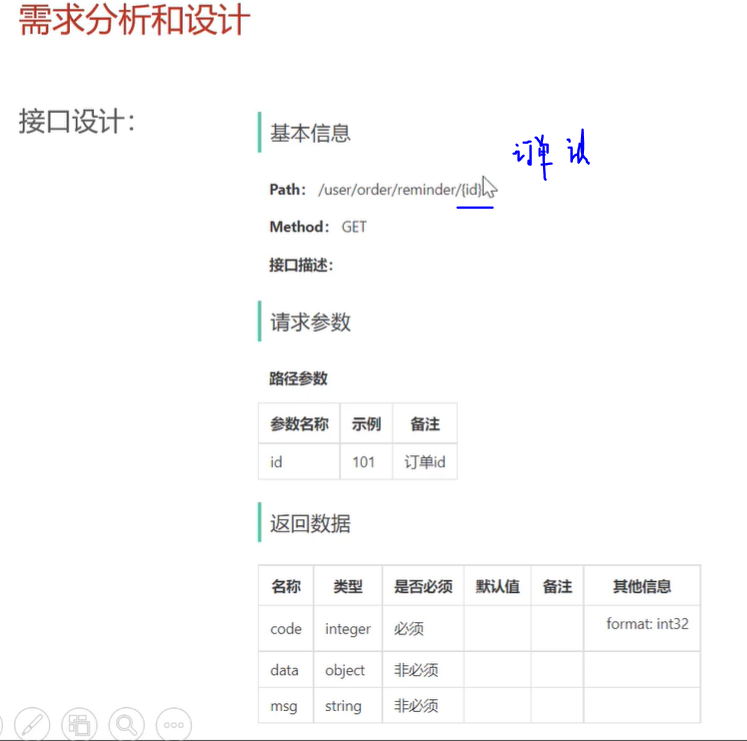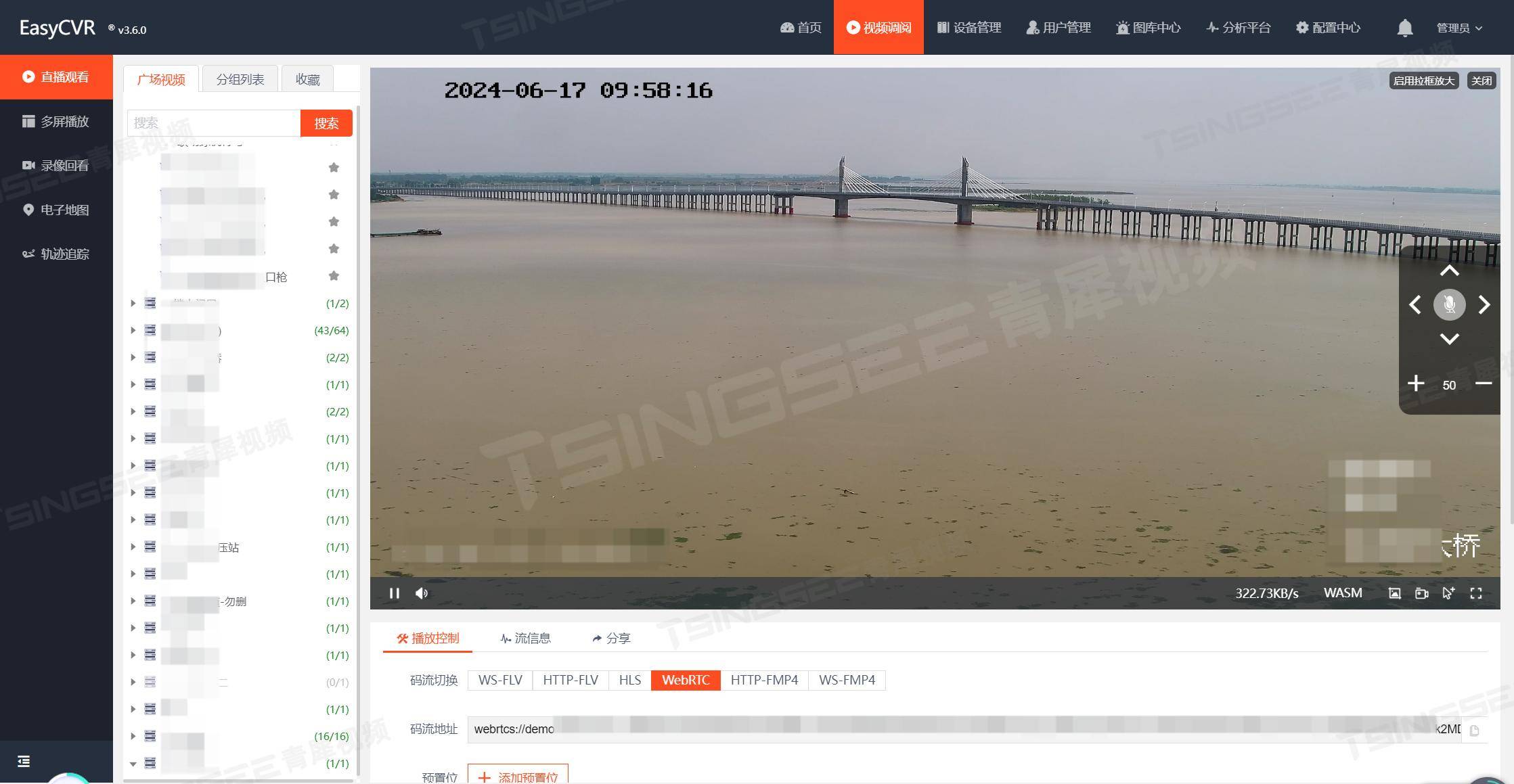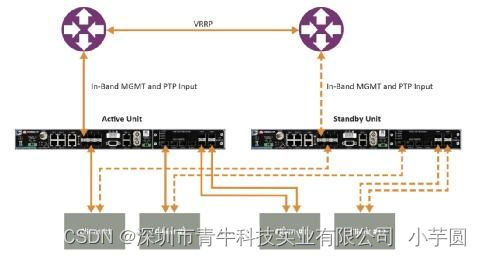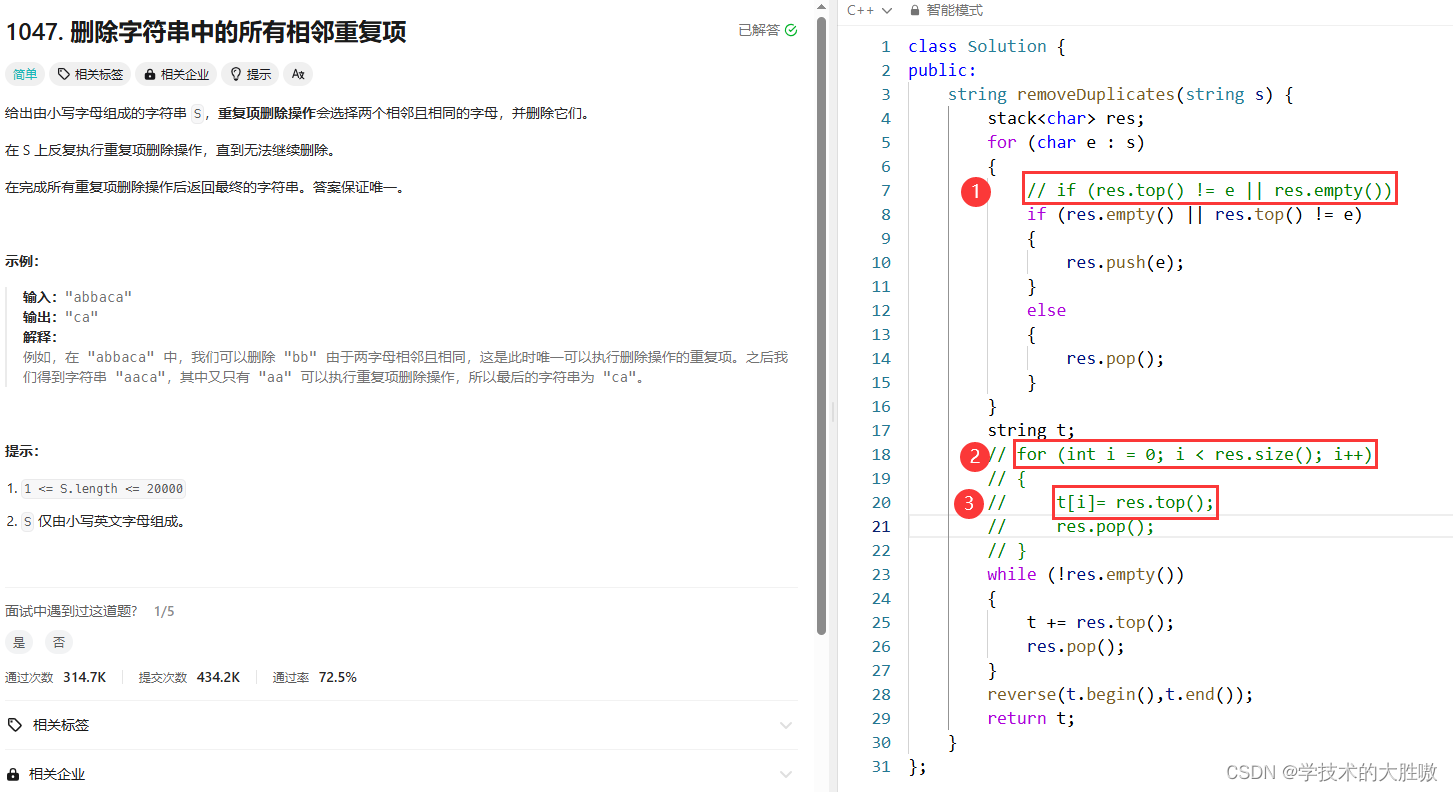1创建项目 我的板子为STM32F03ZET6

点击RT-Thread项目
2选择板子(根据自己的板子选择)
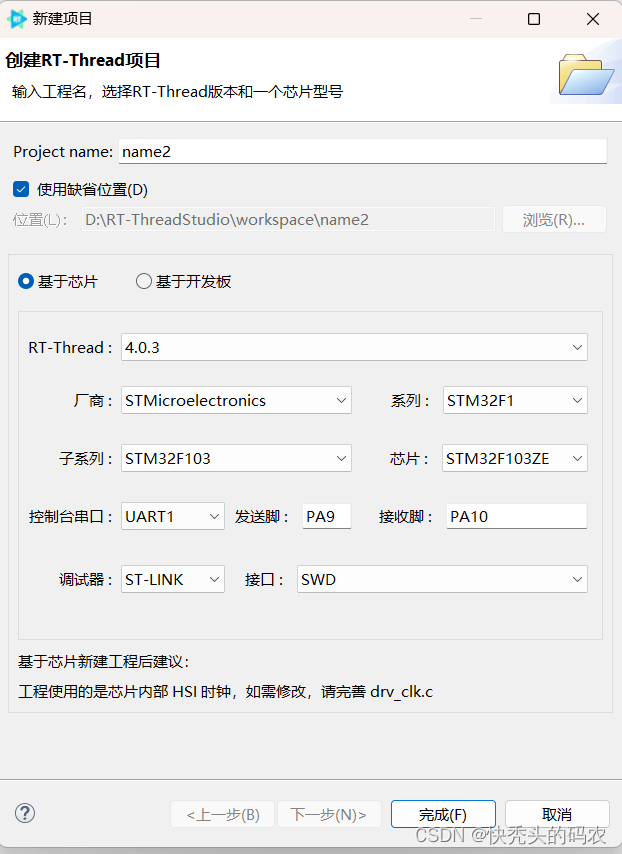
3找到主函数
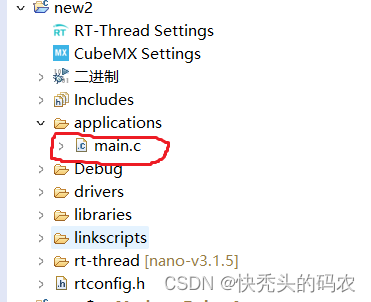
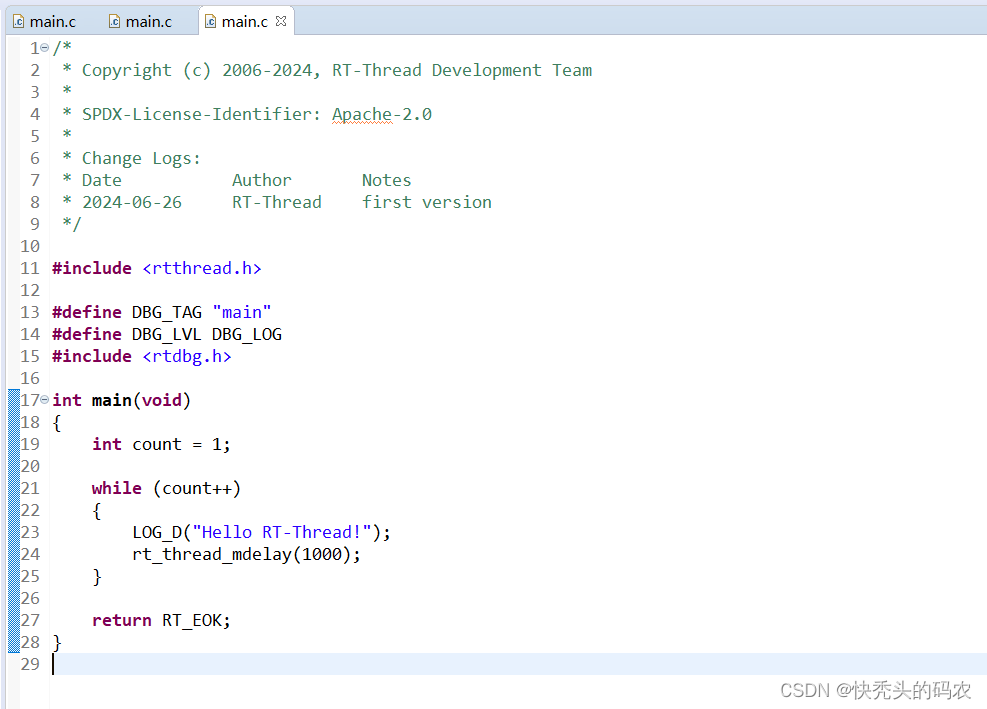
4编写代码
4-1创建函数入口
// 线程入口函数
static void thread_entry(void *parameter)
{
rt_uint32_t count = 0;
while (1)
{
// 线程执行的代码
rt_kprintf("Thread count: %d\n", count++);
rt_thread_delay(1000); // 线程延时,单位为毫秒
}
}4-2在main函数中启动线程
//定义线程控制块
rt_thread_t tid = RT_NULL;
// 动态创建线程
tid = rt_thread_create("dynamic_thread",
thread_entry, // 线程入口函数
RT_NULL, // 线程入口参数
512, // 线程栈大小
25, // 线程优先级
20); // 线程时间片
if (tid != RT_NULL)//判断是否成功创建
{
// 启动线程
rt_thread_startup(tid);
}4-3全部代码
/*
* Copyright (c) 2006-2024, RT-Thread Development Team
*
* SPDX-License-Identifier: Apache-2.0
*
* Change Logs:
* Date Author Notes
* 2024-06-26 RT-Thread first version
*/
#include <rtthread.h>
#define DBG_TAG "main"
#define DBG_LVL DBG_LOG
#include <rtdbg.h>
// 线程入口函数
static void thread_entry(void *parameter)
{
rt_uint32_t count = 0;
while (1)
{
// 线程执行的代码
rt_kprintf("Thread count: %d\n", count++);
rt_thread_delay(1000); // 线程延时,单位为毫秒
}
}
int main(void)
{
int count = 1;
//定义线程控制块
rt_thread_t tid = RT_NULL;
// 动态创建线程
tid = rt_thread_create("dynamic_thread",
thread_entry, // 线程入口函数
RT_NULL, // 线程入口参数
512, // 线程栈大小
25, // 线程优先级
20); // 线程时间片
if (tid != RT_NULL)//判断是否成功创建
{
// 启动线程
rt_thread_startup(tid);
}
while (count++)
{
LOG_D("Hello RT-Thread!");
rt_thread_mdelay(1000);
}
return RT_EOK;
}
效果(串口输出)
